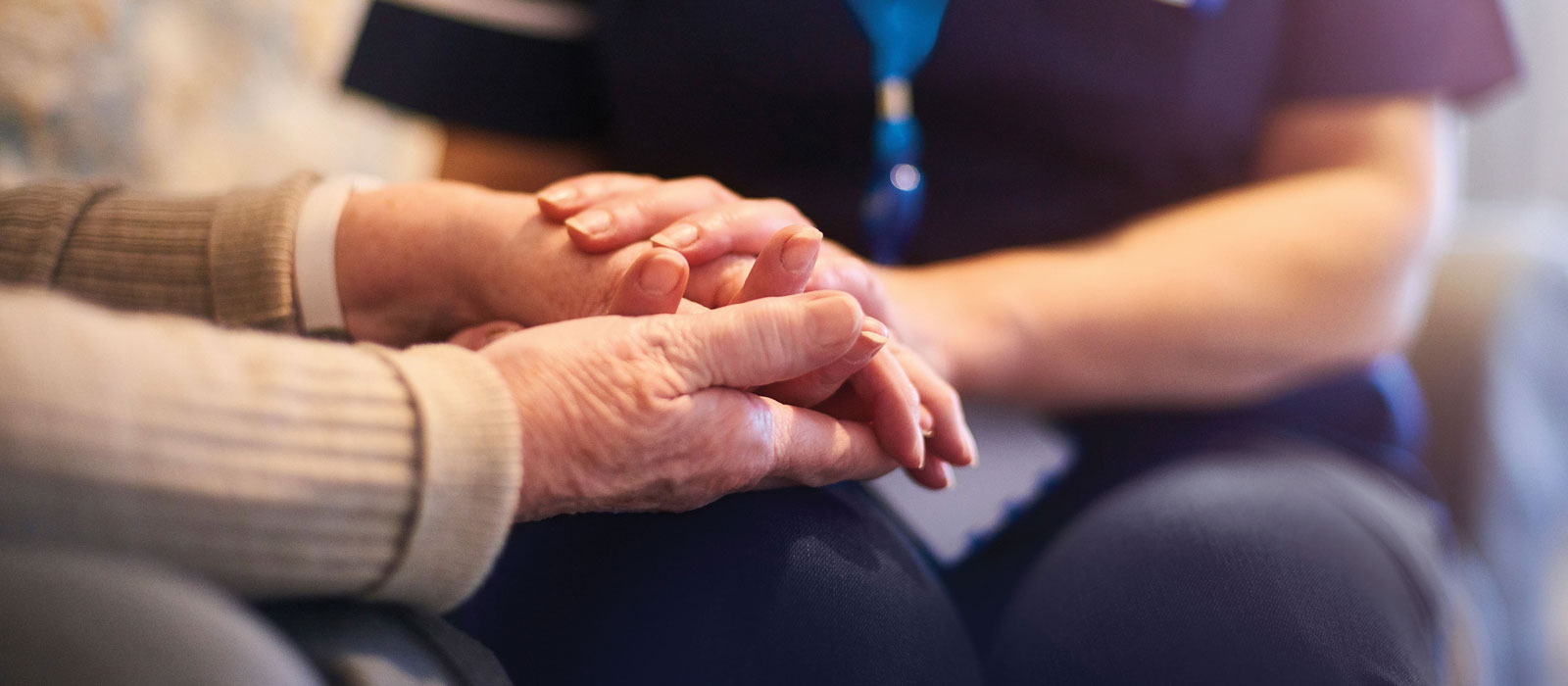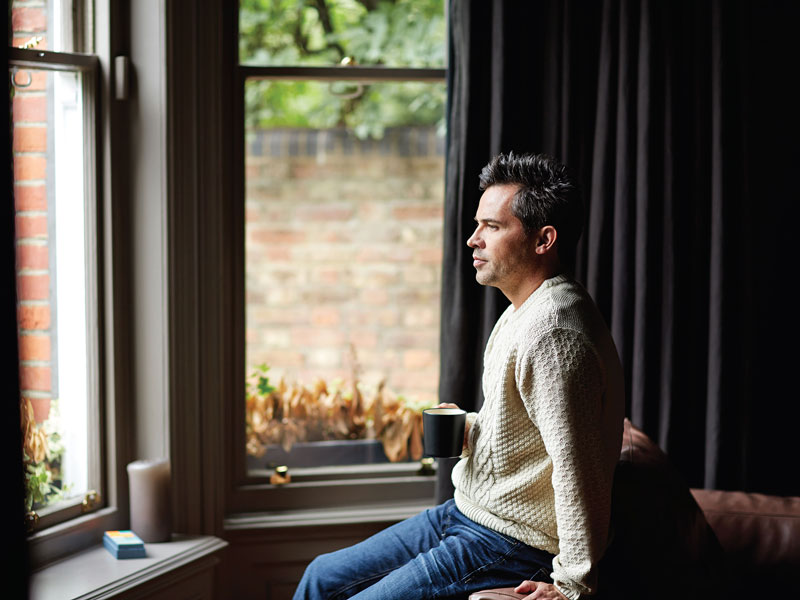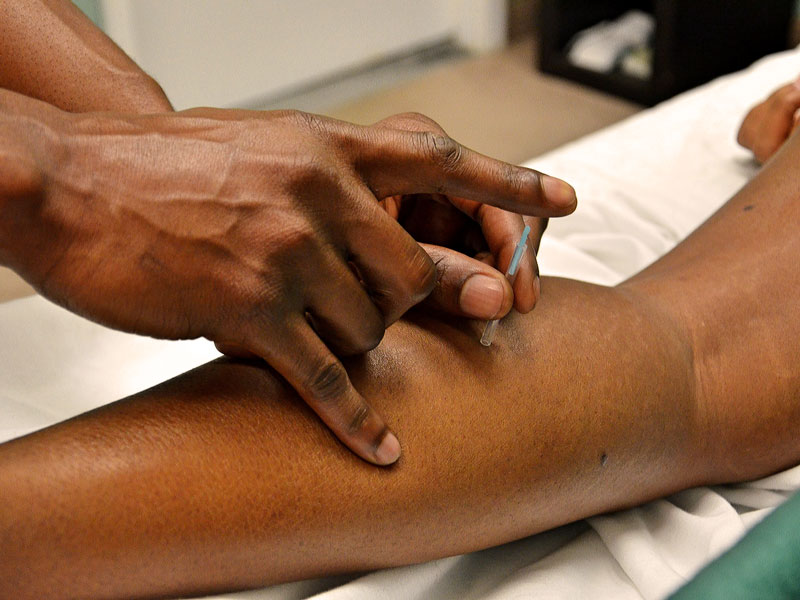Palliative Care Resources Comfort Nurses Through COVID-19 Stress, Dilemmas, and Grief

The concept of providing comfort is at the core of my identity as a nurse, and I have always been drawn to the palliative care component of what we do as oncology nurses. Because it wasn’t part of my roles, I was less confident in my knowledge and understanding of chemotherapy administration, but I often thought, “Palliative care, yeah, I’ve got this!”
And then I learned how little I knew.
- Read more about Palliative Care Resources Comfort Nurses Through COVID-19 Stress, Dilemmas, and Grief
- Add new comment
FDA Approves Encorafenib in Combination With Cetuximab for Metastatic Colorectal Cancer With a BRAF V600E Mutation

On April 8, 2020, the U.S. Food and Drug Administration (FDA) approved encorafenib (Braftovi®) in combination with cetuximab for the treatment of adult patients with metastatic colorectal cancer (CRC) with a BRAF V600E mutation, detected by an FDA-approved test, after prior therapy.
- Read more about FDA Approves Encorafenib in Combination With Cetuximab for Metastatic Colorectal Cancer With a BRAF V600E Mutation
- Add new comment
Stay Positive During COVID-19 by Remembering Our Purpose

One of the first people we learn about in nursing school is Florence Nightingale. During the Crimean War, she noticed soldiers were dying because of disease, not from the effects of war. Because of Nightingale’s observations and interventions, handwashing and infection control became standard practices in nursing. From her findings, Nightingale developed her environmental theory, in which she said nursing is a calling, art, and science that requires a specific education base. We’re recognizing this throughout 2020 as we celebrate the Year of the Nurse, and it’s especially important to remember during today’s pandemic.
Manage Thrombosis in Patients With Cancer

Thrombotic events are the second-leading cause of death in patients with cancer after the disease itself. An estimated 4%–20% of patients experience venous thromboembolism at some stage on the cancer journey.
Title VIII Nursing Workforce Funding Included in CARES Act

The business shutdowns and mandatory social distancing from the COVID-19 coronavirus pandemic brought the country’s economy to the brink. Last week, the Title VIII Nursing Workforce Reauthorization Act of 2019 was included as part of the Coronavirus Aid, Relief, and Economic Security (CARES) Act’s comprehensive, landmark legislation. The $2 trillion aid package was geared to promote public health and boost economic confidence.
U.S. Surgeon General on COVID-19: 'It's Going to Get Bad'

Deployed to provide expert medical advice about the COVID-19 coronavirus pandemic, U.S. Surgeon General Jerome Adams, MD, made media rounds the first week of April 2020. Although the news he shared wasn’t positive, it was a necessary message that the United States needed to hear.
Global Cancer Cases Could Increase 60% in Next 20 Years

If current trends continue, the world will see a 60% increase in cancer diagnoses through 2040, the World Health Organization said in its February 2020 Report on Cancer: Setting Priorities, Investing Wisely, and Providing Care for All.
Cope With COVID-19 Through Mind-Body Therapies for Oncology Nurses

The COVID-19 coronavirus is causing dramatic increases in anxiety and stress around the world, disrupting daily life. Healthcare professionals, including oncology nurses, are confronting enormous challenges as they struggle to deliver optimal patient care.
NCI Cancer Research Persists Despite COVID-19 Limitations

Most of the global biomedical research community, especially those at the National Institutes of Health (NIH), is consumed with the COVID-19 coronavirus pandemic. Because the U.S. federal government is under strict orders to limit its operations to only essential personnel, many of the 27 NIH institutes and centers are redirecting their efforts toward COVID-19 topics. However, the National Cancer Institute (NCI) is continuing its cancer research in certain priority areas.
What the Evidence Says About Acupuncture and Cognitive-Behavioral Therapy for Insomnia

Sleep disturbances such as insomnia are prevalent and persistent among cancer survivors and diminish quality of life. Because of adverse effects such as continued sleep difficulty, memory disturbances, and falls associated with associated with conventional medications, many patients prefer nonpharmaceutical options to address their insomnia.





